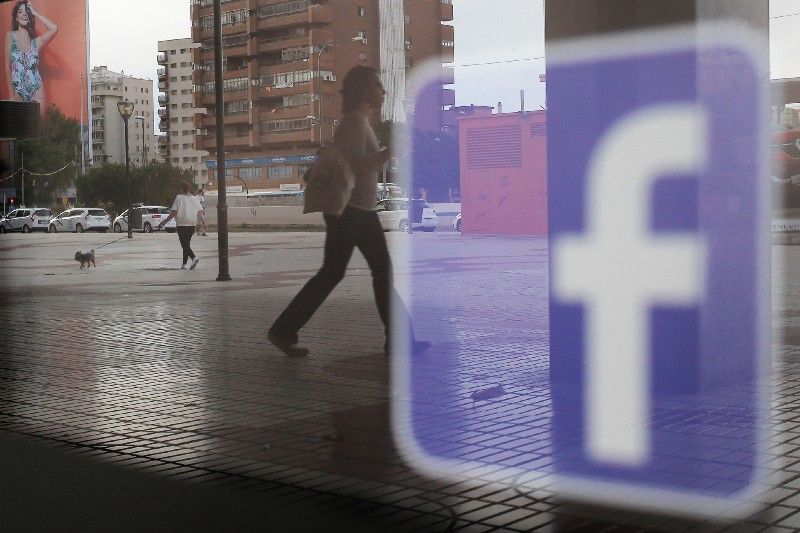June 12, 2018
Kevin is out this week, but he sent in this quiz to help shed some counterintuitive light on the increasingly fraught relationship between tech companies, governments, and consumers.
Imagine two countries:
Country A: In recent months, the government has reprimanded internet giants for “inadequate” privacy policies and forced the boss of one company to apologize for trawling users’ shopping histories for clues about credit-worthiness without their consent. Meanwhile, the CEO of a large search engine caught public flak for saying that customers were willing to trade privacy for convenience.
Country B: An unelected leader worried about keeping his grip on power already employs tens of thousands of censors to police what people are saying online. Now he’s instructed his technocrats to build an artificial intelligence technology that will automatically detect and delete banned speech.
Can you guess which countries these are?
ANSWERS: DID YOU NAIL IT?
Country A is . . . China, where internet giants Alibaba, Tencent, and Baidu have been hit for mishandling mountains of user data. Make no mistake, China’s Great Firewall remains solid as ever, the Social Credit System is developing, and Xinjiang may be the most developed experiment in tech-totalitarianism on earth. But the fact that officials and executives are moved to respond to rising privacy concerns shows the Chinese population isn’t just meekly accepting it all.
Country B isn’t a country at all, folks — it’s . . . Facebook! Mark Zuckerberg is stepping up internal policing of extremist content and “fake news” to keep US and European regulators at bay. At last count, over two billion people log into Facebook each month — more people than live in the US, Europe, and China combined. Facebook is distinctly *not* a democracy and, for better or worse, it’s beginning to exercise ever-more control over what people see, hear, and think.
More For You
World Central Kitchen staff hand out free soup in a neighbourhood that experiences electricity and heating outages following recent Russian attacks on Ukraine’s civilian infrastructure during subzero temperatures in Kyiv, Ukraine February 3, 2026.
REUTERS/Thomas Peter
1,170: The number of high-rise buildings in Kyiv that were left without heating following a barrage of Russian attacks last night on Ukraine’s capital and its energy facilities, per Kyiv Mayor Vitali Klitschko.
Most Popular
What We’re Watching: US critical minerals summit, Rafah crossing reopens, Border violence in Pakistan
Feb 02, 2026
U.S. President Donald Trump and Japanese Prime Minister Sanae Takaichi hold up signed documents regarding securing the supply of critical minerals and rare earths, at a bilateral meeting at Akasaka Palace in Tokyo, Japan, October 28, 2025.
REUTERS/Evelyn Hockstein
Representatives from the European Union, United Kingdom, Japan, and others will meet in Washington this week to discuss a strategic alliance on critical minerals.
Hard numbers: Large protests in Czechia, UAE-linked firm has large stake in the president’s company, & More
Feb 02, 2026
People take part in a rally in support of Czech President Petr Pavel, organised by Million Moments for Democracy group in reaction to dispute between President Pavel and Czech Foreign Minister and Motorists chair Petr Macinka, in Prague, Czech Republic, February 1, 2026.
REUTERS/Eva Korinkova
80,000: The number of people estimated to be in the streets of Czechia on Sunday to show their support for President Petr Pavel after he blocked the nomination of an environmental minister who performed the Nazi salute and posted Nazi memorabilia.
US President Donald Trump and musician Nicki Minaj hold hands onstage at the US Treasury Department's Trump Accounts Summit, in Washington, D.C., USA, on January 28, 2026.
REUTERS/Kevin Lamarque
The US has started handing $1,000 to the bank accounts of newborn babies. But can policies like this one help boost sagging birthrates in advanced democracies?
© 2025 GZERO Media. All Rights Reserved | A Eurasia Group media company.
